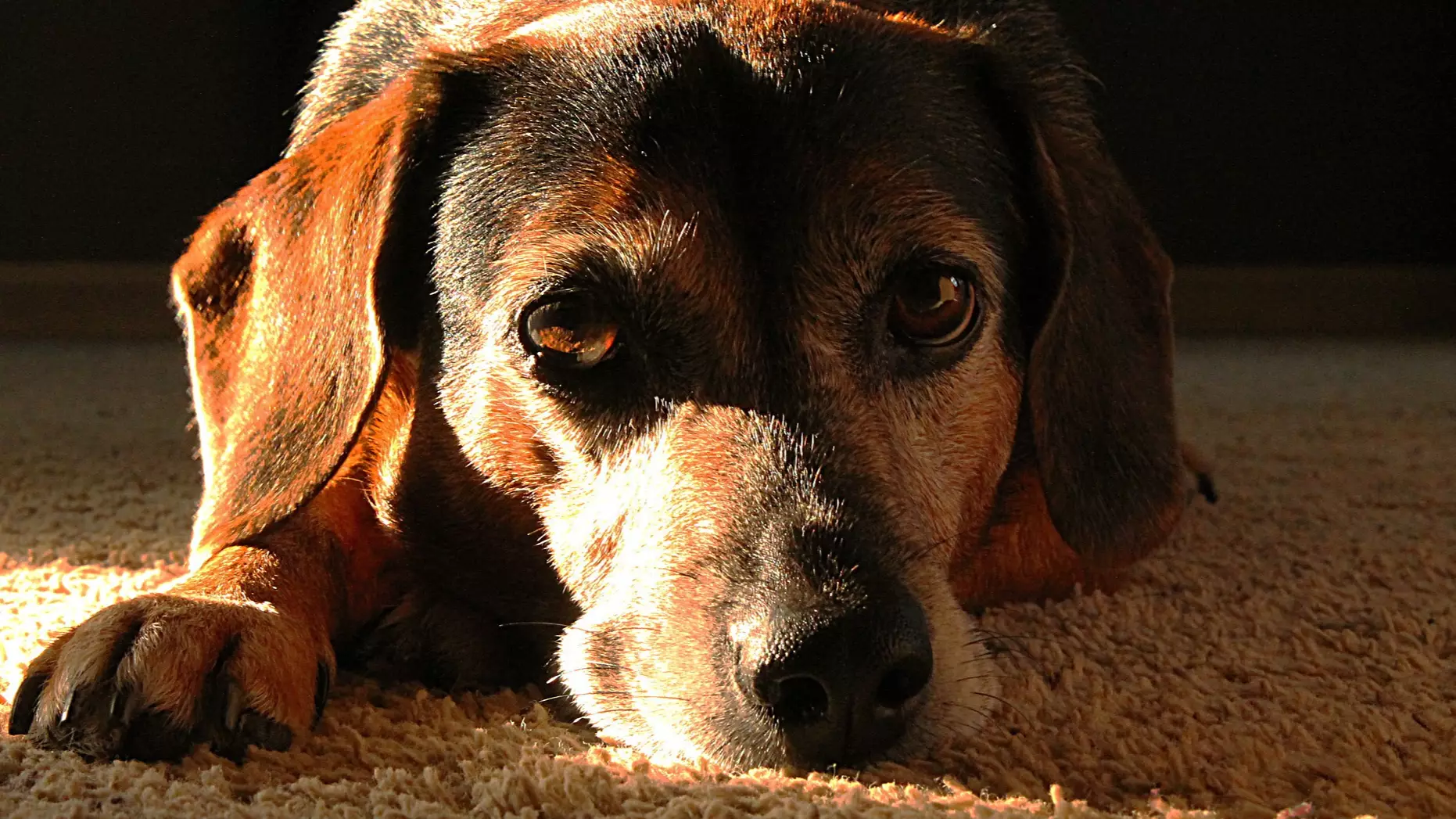
We'll freely admit that fireworks night was once one of our favourite times of the year. The jumpers, the toffee apples and the mugs of hot chocolate...
But it's hardly a secret that the noise and flashing lights can be pretty terrifying for animals.
Advert
Recently, leading vet charity PDSA found that 7.3 million cats and dogs are afraid of fireworks - meaning they're likely sat at home anxious and miserable throughout the firework season.
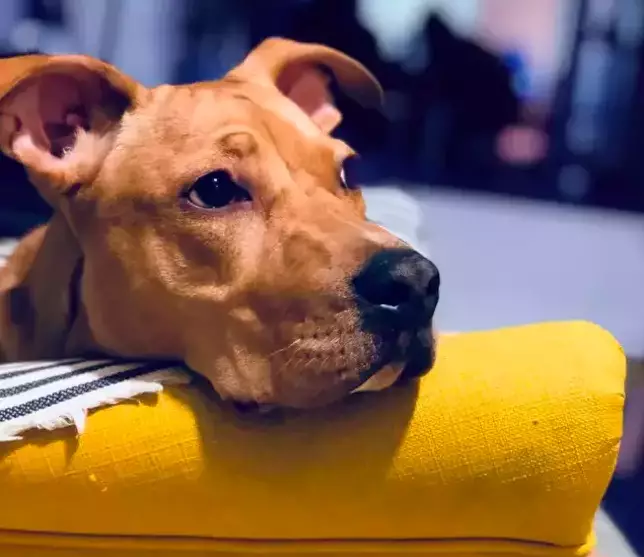
PDSA Veterinary Nurse, Joanne Wright explained: "Pets have sensitive hearing, so a sudden loud noise to us can be utterly terrifying to them, particularly as they don't understand the source of the loud bangs and bright flashes.
"When they become scared, their first instinct can be to run from the danger, which means they could easily go missing, putting them at risk of road accidents, getting lost or being injured."
Advert
Fear of fireworks can also cause pets to "physically shake with fear, cry or bark loudly, soil the house, destroy furniture, or in some cases become injured if they're panicked".
So what can you do to prevent this stress over fireworks night? We've compiled a helpful guide.

Try to minimise the noise inside
Advert
While you can't control the crashes and bangs of the fireworks next door, you can make your house as sound-proof as possible with a few easy steps.
Shut all doors, windows and curtains, and make sure your cat flaps are sealed.
The PDSA vets also advise playing music with "repetitive beats and low frequencies" to mask the noise.
Build your pet's tolerance
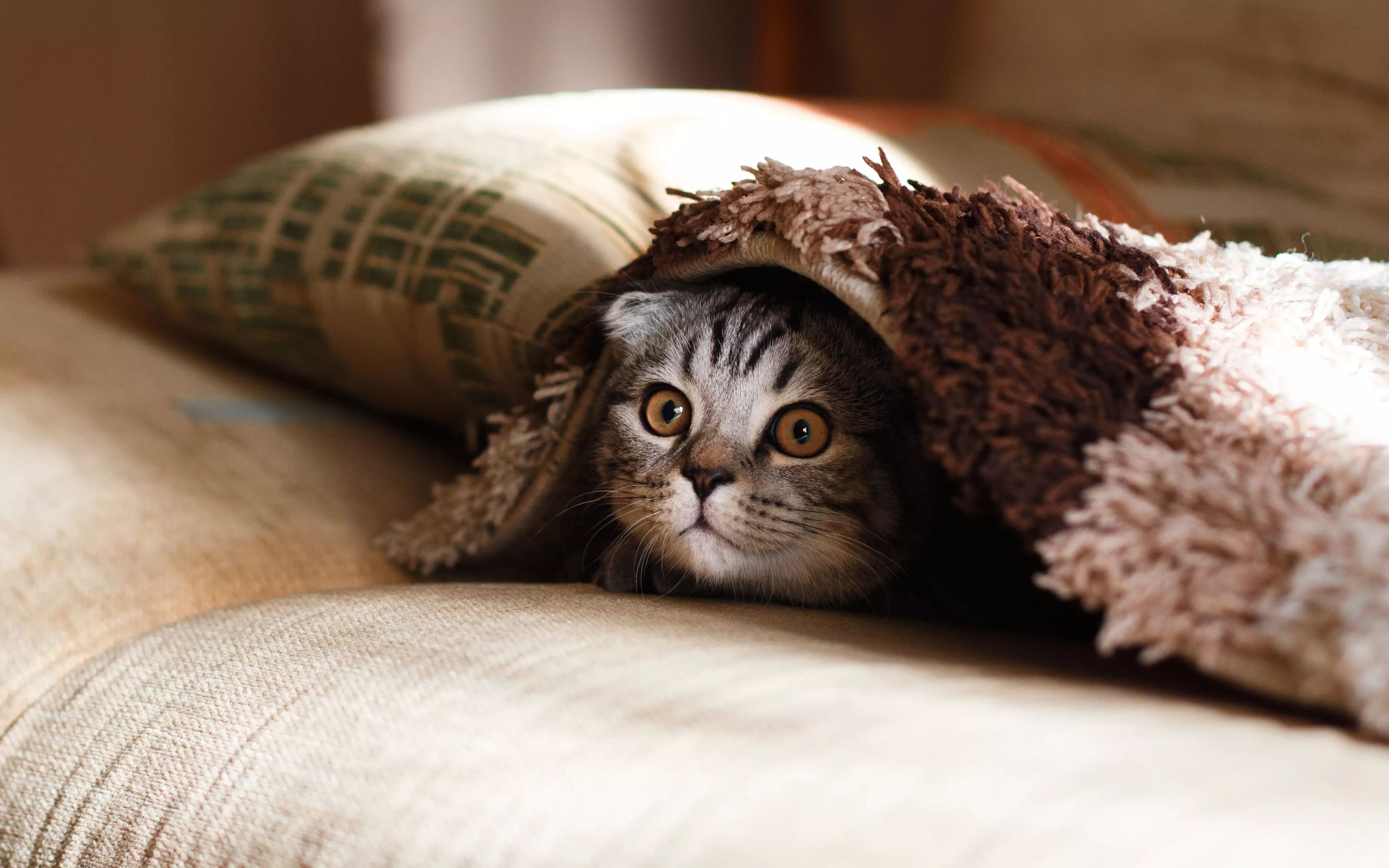
Another way to equip your pet ahead of time is to build their tolerance to the noise.
Advert
One method of doing this is by playing fireworks noises very quietly and rewarding to acclimatise them, gradually building up the noise level in advance of fireworks night.
"For the best results this needs to be started a couple of months before Bonfire Night," the vets advise.
Soundproof hutches and cages
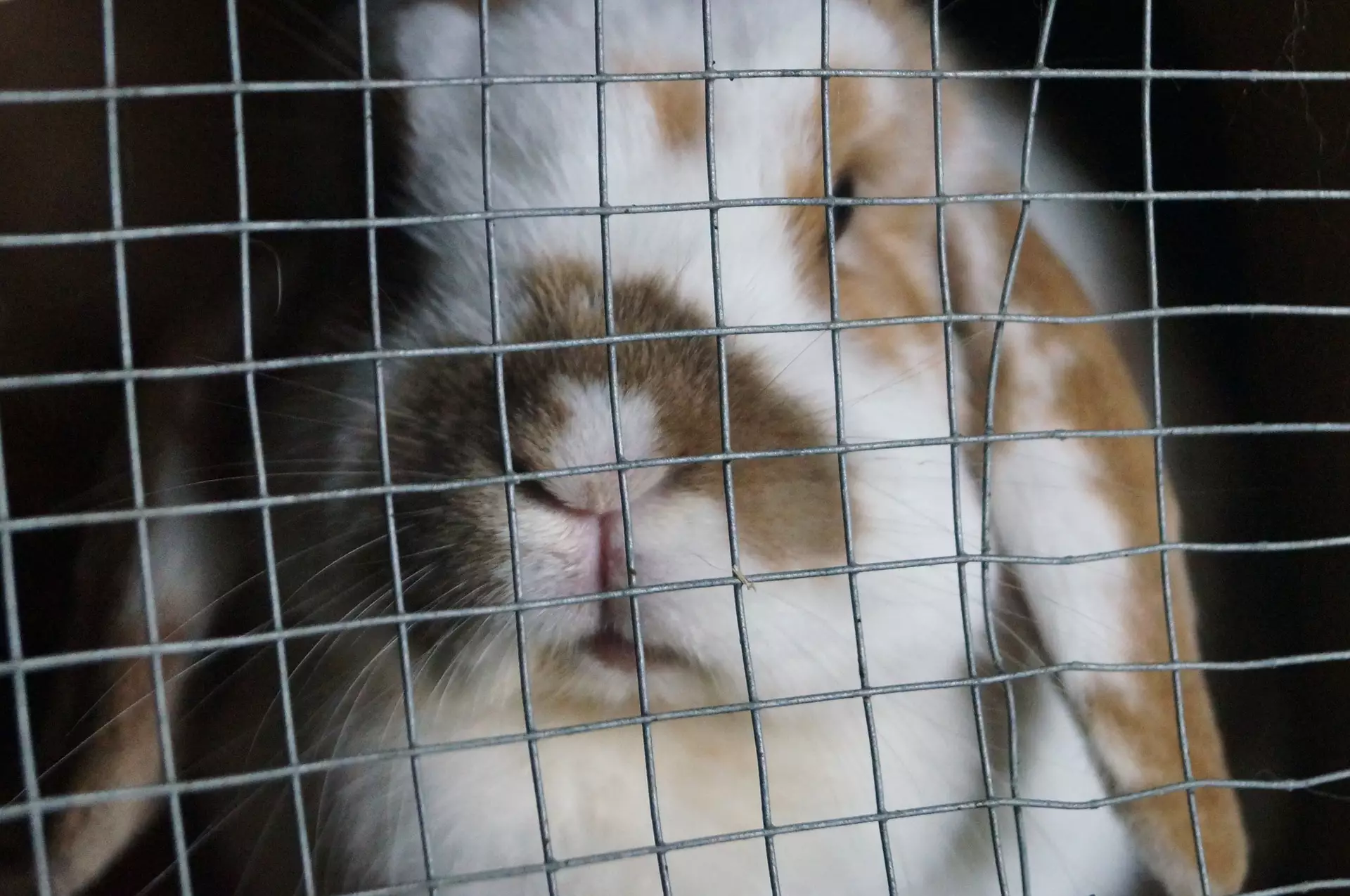
If you have a smaller animal that lives in a hutch, like a rabbit, guinea pig or hamster, it's also important to make sure their home is as sound proofed as possible.
Advert
PDSA advises: "For happy bunnies, sound-proof their hutches and outdoor cages by partly covering them with blankets and put in plenty of bedding - this helps keep noise out and gives them somewhere to hide."
Turning the hutch to face a wall might also be a good way to limit noise and light, as long as there's still enough room for ventilation.
Behavioural therapy or medication
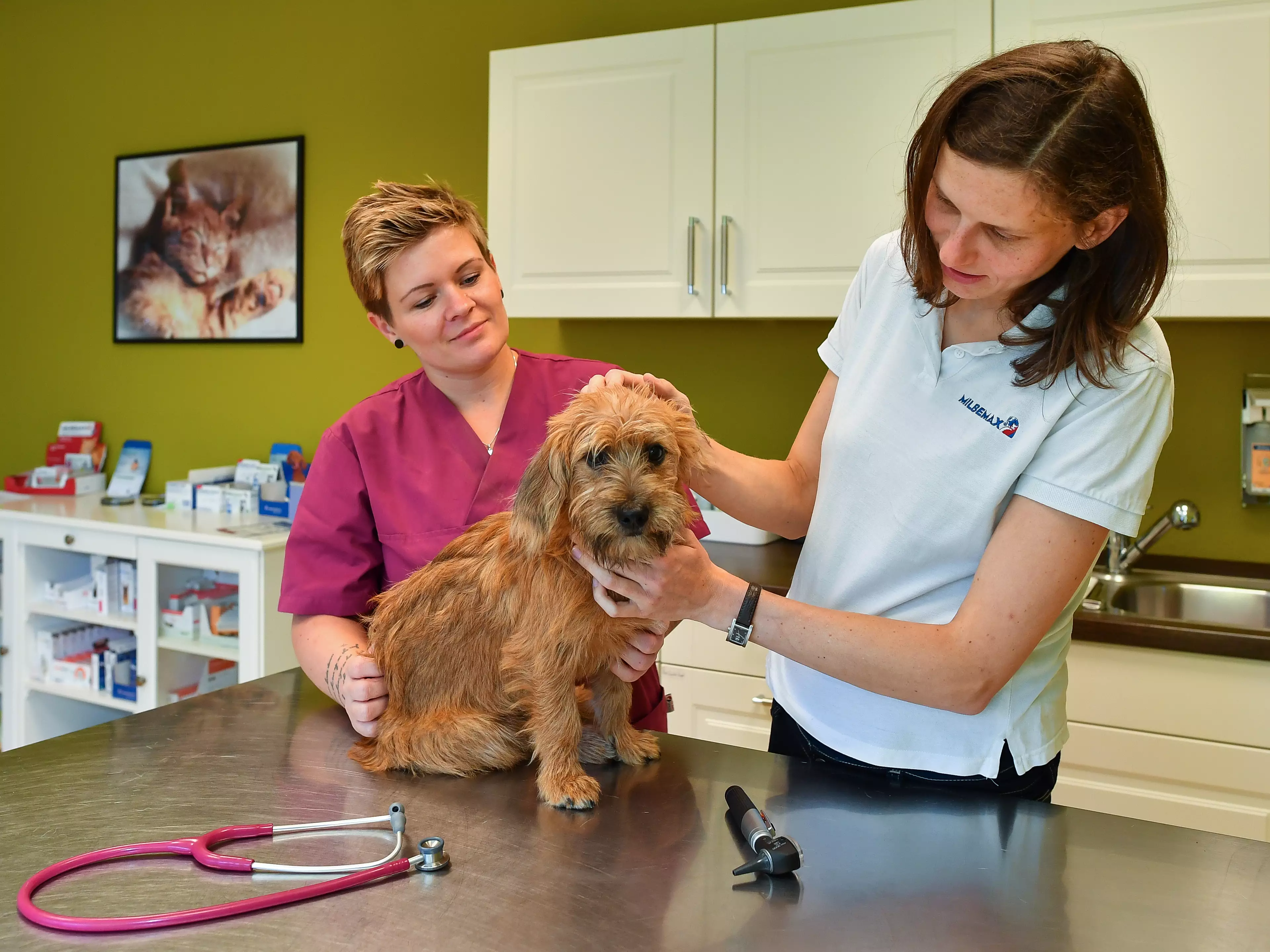
In more extreme cases, vets have several methods to help your pet deal with fear of loud noises.
If you have a cat or a dog, they can offer behavioural therapy in order to help your animal develop coping strategies when they are worried. Plus, in severe cases pets can even be prescribed medication to help.
It's important your vet knows your pet, though, as some medication can increase fear if it's not suitable.
Pheromone products to relieve stress
If your pet isn't quite anxious enough for either of the above, but you're keen to ease their stress a little, why not try pheromone products?
The PSDA vets advise: "Pet pheromone products are said to mimic natural cat or dog pheromones and come in various forms, including sprays, plug-in diffusers, wipes and collars."
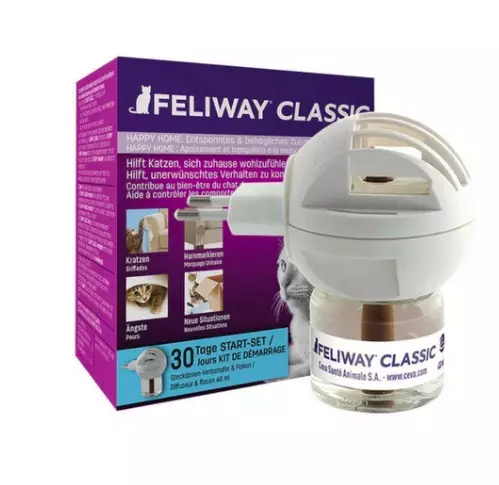
You can get your hands on a whole load here.
Get your pet microchipped
With all these tips in place, hopefully your pet won't run away - even temporarily. But unfortunately it is a risk on fireworks night. Getting your pet micro-chipped is a great way to minimise this fear.
If they run away you'll quickly be able to be reunited again.
Make a den
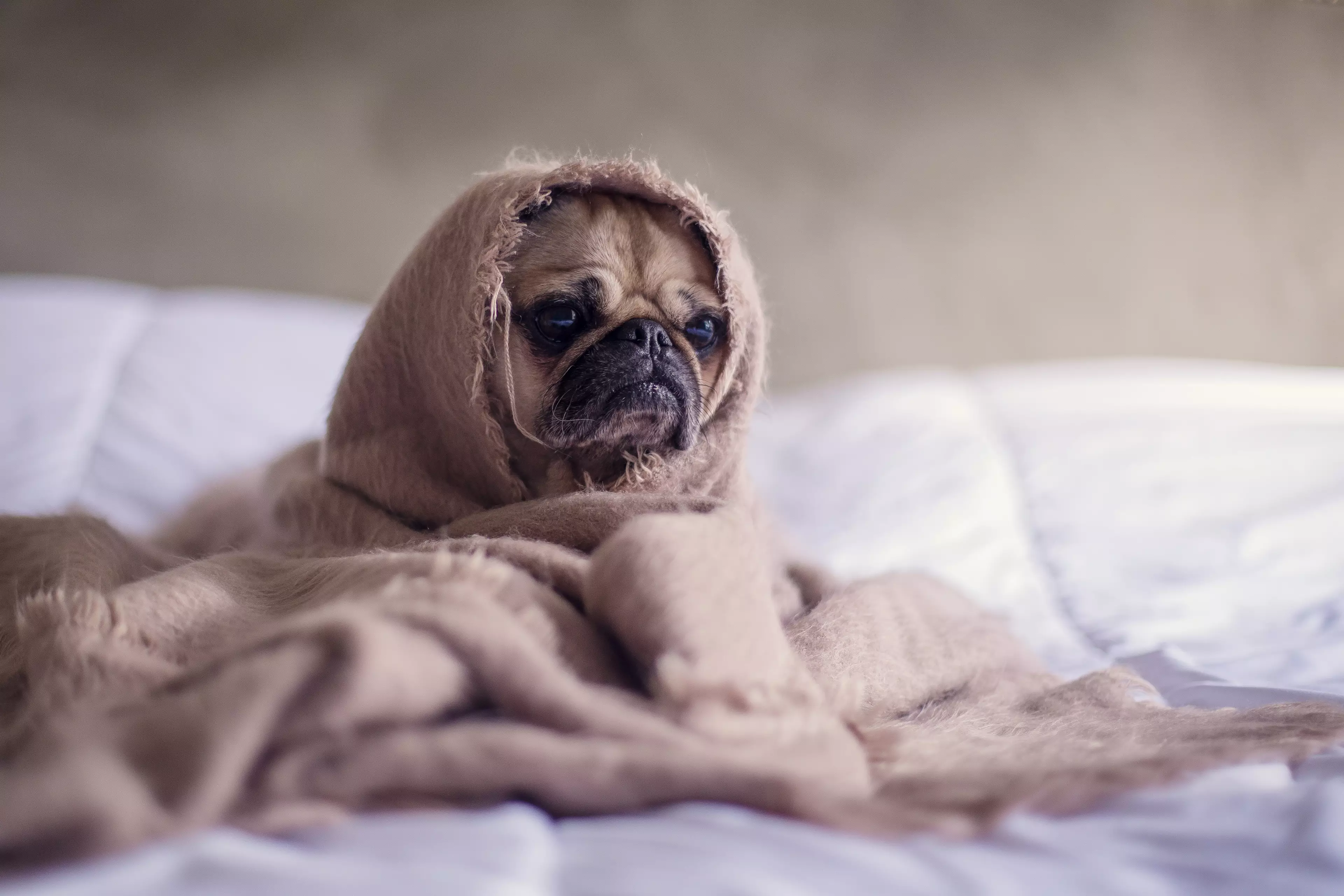
Making a den is a great way to help your pet feel at ease at home on fireworks night.
"A safe place to hide, in a cupboard or behind a sofa, can help pets cope with fear. Pad it with cushions and blankets for soundproofing and give healthy treats and praise when they use it to help build a positive association," PDSA vets say.
The likelihood is, if they are already used to going into the den ahead of Bonfire Night, your pet will already think of it as somewhere safe to escape the bangs.
Buy low noise alternatives

If you're holding a fireworks display of your own, buy low noise alternatives that will be less disruptive for animals - and your neighbours!
There are loads on offer in ASDA, Morrisons and Tesco now, among other stores.
Here's where you can find some.
Stay composed
Most importantly... keep calm. If you're reacting to the bangs then it's likely your pet will react too.
With these tips in mind, hopefully fireworks night will be as stress-free as possible.
Featured Image Credit: Pixabay